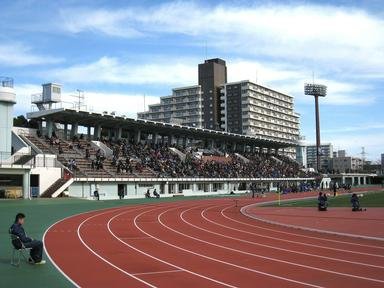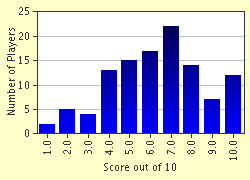Quiz Answer Key and Fun Facts
1. Legend has it that the very first marathon was run in Greece in 490 BC. From what is the word "marathon" derived?
2. The marathon was a signature event at the ancient Olympic Games.
3. Which fact about the early days (1896-1921) of the modern Olympic marathon is untrue?
4. In Ira Levin's "Marathon Man", the title character admires and is inspired by thoughts of the great Finnish runner, Paavo Nurmi. Which of these statements about Nurmi is untrue?
5. Women were not permitted to compete in the ancient Olympic Games, and for many decades the modern Olympic marathon was denied to them as well. At which Olympic Games did the women's marathon premiere?
6. Running a marathon is an incredibly difficult feat best left to professional athletes.
7. Some novice marathoners and distance runners have been known to develop a condition called "hyponatremia", which can be quite serious. What causes hyponatremia in runners?
8. Which American city is incorrectly matched with a statement about its marathon?
9. What is an "ultramarathon"?
10. Marathons were held on all seven continents in 2005.
Source: Author
lilahdedah
This quiz was reviewed by FunTrivia editor
Nightmare before going online.
Any errors found in FunTrivia content are routinely corrected through our feedback system.

